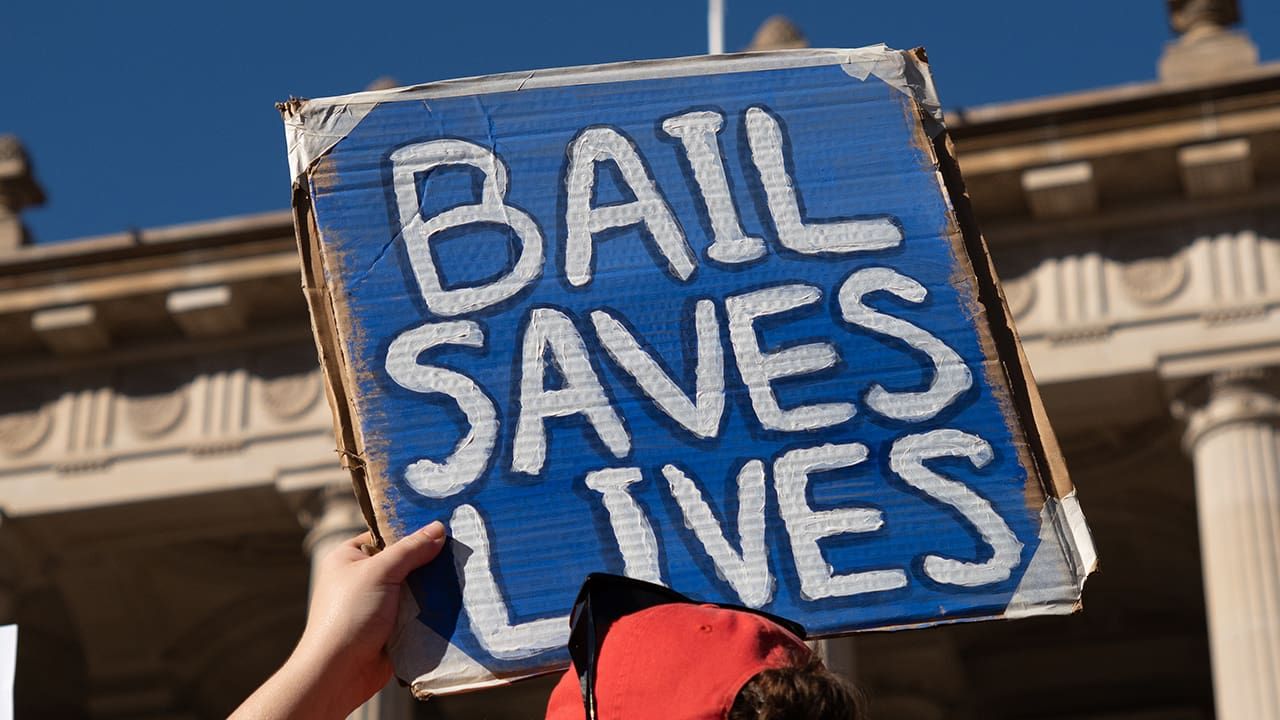The Right NOT to Remain Silent
Kells Lawyers • February 3, 2016
During the Second Reading speech, the Honourable Michael Gallacher, Minister for Police and Emergency Services, said that the purpose of the amendments were to allow “an unfavourable inference to be drawn against certain accused persons who refuse to cooperate with the police during official questioning and who later seek to rely on a fact in their defence at trial that they could reasonably have mentioned during this questioning.” These laws introduced by the New South Wales Government, mirror the steps taken by enforcement agencies in the UK.
Before the amendments came into effect, under the Evidence Act 1995 (NSW) if an accused refused to answer police questions, no unfavourable inference could be made during the trial in relation to the accused’s silence. That is, a person’s choice to remain silent could not be used in a negative way against a person, such as suggesting that they had “something to hide.” Essentially, a person had a right to remain silent. This is no longer the general position and an accused’s right to silence has been severely diminished.
Under the newly introduced section 89A of the Evidence Act 1995 (NSW), where an accused fails to disclose a fact which it was reasonable for them to mention, and they later rely on that fact in their defence, then an unfavourable inference may be drawn. Where previously a person’s silence was something that could not be targeted at hearing, it is now something that can be brought into question during the trial process. However, there are some limitations to the new changes.
The new provisions do not apply to all accused persons, only those accused of a serious indictable offence. This is an indictable offence that is punishable by imprisonment for a term of 5 or years or more. Also, the requirement to disclose important information to the police only applies once a special caution is issued, and does not operate all the time.
The accused must be given a special caution explaining the consequences of them not disclosing a fact which it was reasonable for them to mention. The accused person must also be able to consult with their lawyer privately about this special caution. As such, the new changes will also only apply where an accused person has their lawyer present during questioning at the police station. The section also does not apply to accused persons under 18 or those who are incapable of understanding the special caution given by the police.
These amendments were introduced with the goal of reducing delays in the criminal justice system and to promote fairness for both the prosecution and the accused. It is interesting to note that the changes have not been met with enthusiasm in the UK, where even many police spokespersons are not in favour of the changes.
The changes will result in a very significant change in criminal law matters. They will limit the ability of a person’s lawyer to support a person during the interview process, and put many accused in a stressful and intimidating position where they are forced to answer questions under immense pressure, or face their silence later being used against them.
There are a number of reasons why an accused may not disclose certain facts during police questioning. Questioning can be a very daunting and intimidating process. They may have trouble speaking English, be panicked by the process, or intimidated by police questioning.
This amendment is yet to be tested by the courts, but there has been speculation that it is unconstitutional. However, it remains in force and is now something that needs to be carefully considered at the commencement of any police investigation.
This article was written by the Kells Criminal Law Team.

Kells has been delivering outstanding services and legal expertise to commercial and personal clients in Sydney and the Illawarra region for more than five decades. Our lawyers are savvy and understand your needs.
Subscribe
Want to get the latest articles and news delivered to your inbox?




